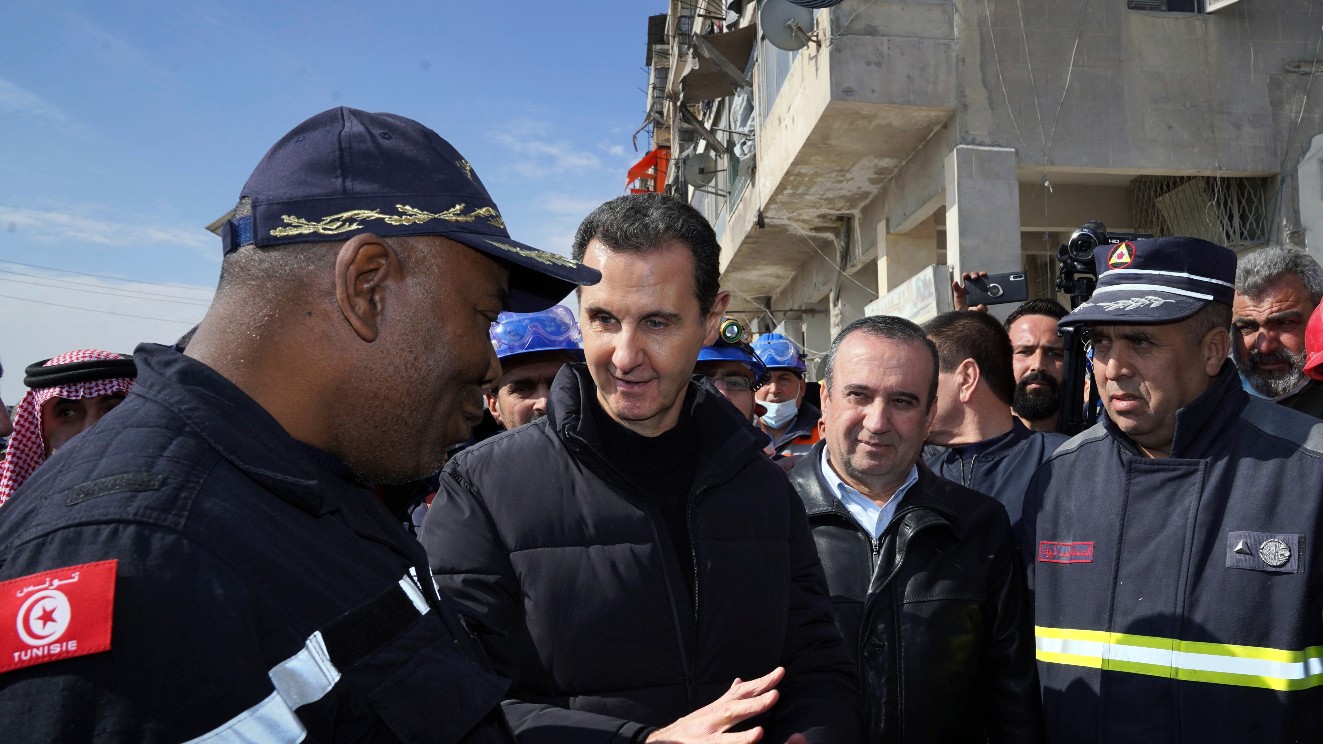Can Syrian President Bashar al-Assad capitalise on the earthquake to end his political isolation?

Arab countries are accelerating efforts to reestablish ties with Syrian President Bashar al-Assad in the aftermath of two deadly earthquakes, potentially deepening the chasm between regional capitals that want to bring Damascus in from the cold and western powers opposed to normalisation.
Since the twin quakes struck in southern Turkey and northern Syria last week, killing at least 41,000, Assad has fielded condolence calls from fellow Arab rulers, received aid from rich Gulf states, and even won a pledge from Tunisia to strengthen ties with his government.
The most prominent diplomatic visit in the last two weeks, however, came from Jordan, one of Washington's most stalwart allies in the region. Foreign Minister Ayman Safadi met with Assad in Damascus on Wednesday, marking the first such trip since the Syrian war erupted a decade ago.
“This is an inflection point in a four-year trend for actors who want to move forward with normlisation,” Natasha Hall, a senior fellow at the US-based Centre for Strategic and International Studies, told Middle East Eye.
Read more:


